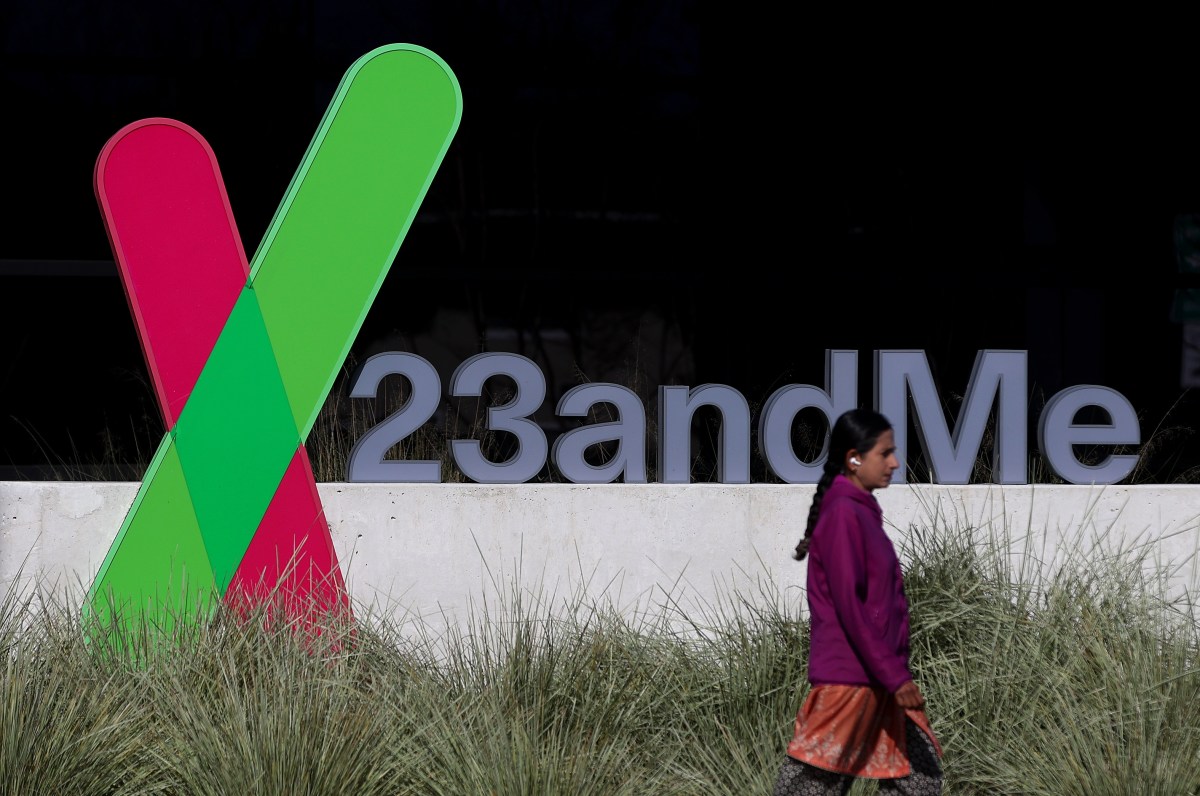
23andMe, one of the leading direct-to-consumer genetic testing companies, has suffered a major data breach that potentially exposed the sensitive genetic information and personal data of millions of customers. This incident has triggered widespread concern over how genetic data is stored and protected, bringing renewed attention to privacy risks in the rapidly growing field of consumer genetics.
The breach reportedly affected both user profile information and some family relationship data that customers had opted to share through the company’s DNA Relatives feature. According to initial reports, hackers gained access by using a credential-stuffing attack—a method where previously stolen usernames and passwords are used to gain unauthorized access to user accounts. Once inside, the attackers were reportedly able to retrieve highly detailed personal information, including ancestry data and, in some instances, genomic information.
23andMe has confirmed the incident and stated that the company is working with cybersecurity experts and law enforcement to investigate the full scope and impact of the breach. The company also informed its customers and advised them to change passwords, enable two-factor authentication, and take further precautions to safeguard their data.
The breach has reignited debates about the ethics and safety of storing genetic data online. With over 14 million users, 23andMe’s database is one of the largest of its kind, making it a valuable target for malicious actors. Experts warn that once genetic data is exposed, the potential consequences extend beyond ordinary identity theft. Genetic information is immutable and can reveal not only personal health risks but also links to relatives, making privacy breaches especially invasive.
Users concerned about the breach are encouraged to take immediate steps to protect their accounts. This includes changing all passwords linked to their 23andMe account, enabling multi-factor authentication, and reviewing permission settings for data sharing, particularly in features like DNA Relatives. Some may consider deleting their data or account entirely, though it’s unclear whether data already accessed by attackers can ever be fully secured.
This incident also calls into question the adequacy of current data protection standards in the genetic testing sector. Privacy advocates are urging tighter regulations and more transparent policies from companies handling genetic data. As more consumers seek out DNA testing for health insights or ancestry information, industry leaders face increasing pressure to strengthen their cybersecurity infrastructure while ensuring users are fully informed about the potential risks.
In summary, the 23andMe data breach serves as a stark reminder of the vulnerabilities associated with online genetic testing and the need for robust data security and user control over sensitive personal information.
Source: https:// – Courtesy of the original publisher.








